Welcome to the Future of Smart Cities and Communities!

Let the curtains rise for a groundbreaking initiative that promises to revolutionize data management within urban landscapes: ODALA! (that’s us) Let us introduce what we aim to revolutionize!
The “Collaborative, Secure, and Replicable Open Source Data Lakes for Smart Cities” (ODALA) project took center stage, uniting European cities across four different countries, private enterprises, and research institutes in a concerted effort to enhance data utilization and empower public administrations.
At its heart, ODALA is driven by open source technologies and a digital transformation ethos. This project is set to leverage the European Union Digital Service Infrastructure (DSI), also known as the Connecting Europe Facility (CEF) Building Blocks. These building blocks act as the foundation for establishing a digital single market, creating a realm where cities and corporations can seamlessly connect and exchange data. This dynamic environment, known as a ‘data lake’, will serve as a nexus for integrating a myriad of data sources – encompassing static, historical, and real-time data – from diverse municipal departments.
The Potential of a 'Data Lake' Ecosystem
The concept of connecting city data within a ‘data lake’ is poised to yield remarkable insights for urban experts and decision-makers. Ultimately, this endeavor will empower them to make informed choices that enhance citizens’ quality of life.
Speaking on the significance of ODALA, Jonas Dageförde, Chief Digital Officer of the City of Kiel and coordinator of the project, affirmed:
“The concept of a Smart City is universal, transcending geographical and demographic boundaries. The establishment of a secure and reliable virtual space to consolidate and utilize data for the betterment of the city and its constituents is pivotal. This initiative allows cities to harness the potential of the ongoing digital revolution, fostering innovation and local economic growth. Of particular importance to us is the development of open-source software modules that can be adopted by other municipalities, both nationally and internationally.”
Empowering Cities with Digital Building Blocks
With the technology blueprint laid out in the initial phase, the next chapter for ODALA involves its practical application in four participating cities: Kiel, Heidelberg, Cartagena, and Saint-Quentin. Additionally, the technology will be tested and implemented in the Flanders region of Belgium.
ODALA’s journey is deeply intertwined with the digital building blocks provided by the European Union’s Connecting Europe Facility (CEF). In particular, the CEF Context Broker takes center stage in constructing a European Data Lake for cities and communities. This Context Broker is built on the NGSI-LD open standard, championed by FIWARE and aligned with the mechanisms of Open & Agile Smart Cities – both integral partners in the project.
The Context Broker plays a pivotal role in standardizing the contextual aspects of data, including timestamps, location, and device origins. By facilitating interoperability, the Context Broker seamlessly integrates diverse data sources such as air pollution sensors and weather stations into a city’s digital infrastructure.
Uniting Expertise: The Consortium Behind ODALA
The ODALA project is a collaborative effort that unites the expertise of companies, research organizations, associations, and municipalities. A consortium of 15 partners hailing from Belgium, Germany, Finland, France, and Spain are the driving forces behind this ambitious undertaking. Some of the notable partners include the City of Kiel (Germany), NEC Laboratories Europe (Germany), imec (Belgium), FIWARE Foundation (Germany), City of Heidelberg (Germany), City of Cartagena (Spain), City of Saint-Quentin (France), and many others.
ODALA’s voyage is one of innovation, collaboration, and empowerment. As this project strides forward, it carries with it the promise of smarter, more interconnected, and data-driven cities that enhance the lives of citizens and fuel progress in the digital age.
